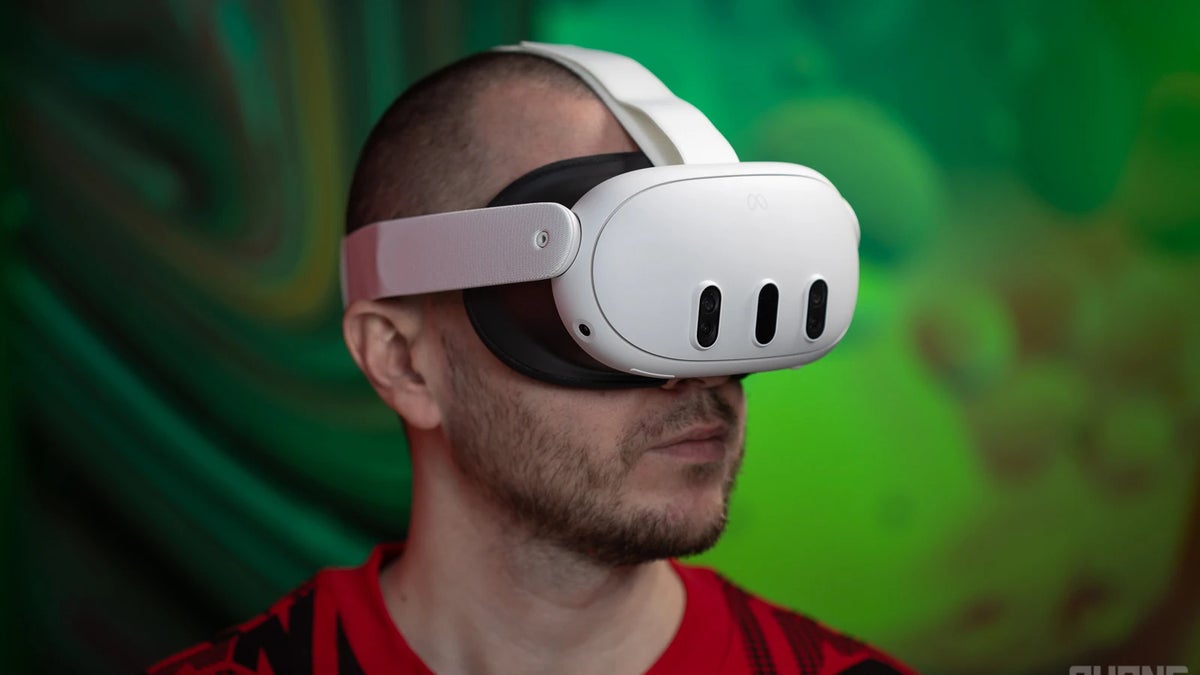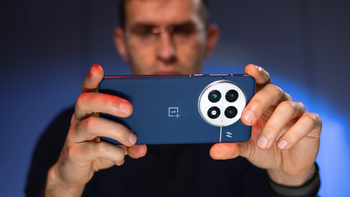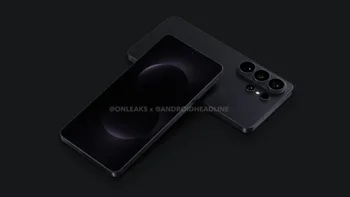The Quest 3 and its siblings are losing Chromecast support and fans hate it. Why?

Update from January 15, 2024:
After numerous complaints about Meta's decision, the company has decided to backtrack and restore Chromecast support to a limited degree. A team member has warned users online that the feature isn't still fully supported and as such may not work for everyone.
This raises the question: does this even change anything, as that was a statement that has been given out before too? In any case, Meta still recommends its more complicated streaming solution as an alternative.
The original story follows below:
That being said, we can’t pretend that it’s all sunshine and rainbows. Being the “best as of now” doesn’t exactly equal being perfect. But while striving for perfection is a bit too utopic for my taste, I can certainly say that regression isn’t a good look for anyone or anything.

You don’t seem like the type of person that has lived under a rock for the past decade or so, so I’m pretty sure that you know what a Chromecast is: a thing you stick into your TV to make it smarter, and via which you can stream content wirelessly to said TV. Neat!
And that last bit is very important for VR headsets like the Quest series, because the series’ standalone mode isn’t exactly inclusive. I mean, if one of my friends is playing Beat Saber, I’d like to spectate the action and see what they're doing in VR, not just in real life, right?
Hence: casting gameplay to a TV via Chromecast is really useful for the Quest line in a social sense. So it kind of sucks that Meta has decided to take it away, even if the term the company is using is "limiting support", whatever that means.
Now, users that want to project what they are seeing through a Quest headset can still do that, but that would involve the notorious Quest app for mobile. So basically, if you want to stream wirelessly, your options are as follows:
- Hook your Quest headset to a PC and stream the computer’s feed to your TV
- Stream your Quest’s feed onto your phone and then mirror that to your TV
Granted, there is a silver lining: this solution does include a broader range of devices and it allows some users to capture screenshots or videos from headsets like the Quest 3 more easily. But what percentage of all Quest users even have such needs? Food for thought.
Because, here’s the thing: the “new” process isn’t really new. This has been an option basically since forever, yet people chose to use Chromecast instead. Why? Well, primarily because it doesn’t involve so many steps. And with such a complicated workflow, involving at least two types of streams, lag and latency is surely going to be an issue for some.
Relying on (the fact) that the user has some other device which would be capable of re-casting the screen further is step to nowhere.
And honestly, I can’t blame them.
Some slivers of hope still linger within that "limiting support" phrase, as what that means isn't really clear as of now. Who knows? Internally, Meta may still decide to support Chromecast, despite seemingly dropping the obligation to do so. I guess we'll find out soon enough.
Some slivers of hope still linger within that "limiting support" phrase, as what that means isn't really clear as of now. Who knows? Internally, Meta may still decide to support Chromecast, despite seemingly dropping the obligation to do so. I guess we'll find out soon enough.
And if the company does not decide so, then that would be an opportunity, waiting to be snagged up by a theoretical competitor.
Follow us on Google News














Things that are NOT allowed:
To help keep our community safe and free from spam, we apply temporary limits to newly created accounts: